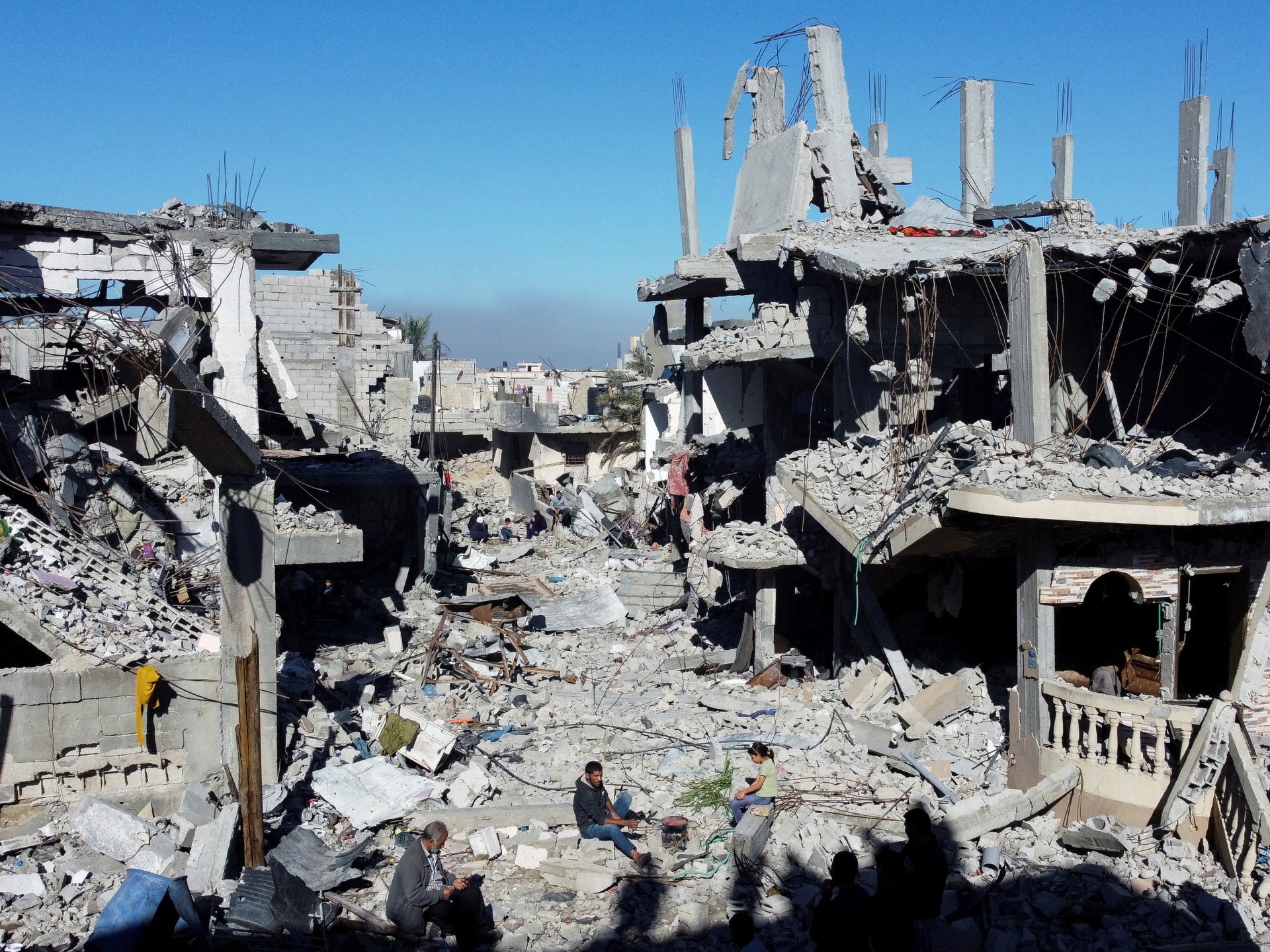With hours left of the agreed pause in Gaza fighting, Israel, Hamas and the intermediaries negotiating between them were on Wednesday again in a frenzy of activity.
The original truce was to have lasted until Monday, but Hamas decided to accept the Israeli offer to extend the ceasefire by a day for each group of 10 captives released. As the original deadline loomed an extension was proclaimed, but of just two days.
Two is still better than nothing, and the two extra days bought the Qatari and Egyptian mediators extra time to work out how to convince both sides to prolong the truce even further or turn it into a permanent ceasefire.
It has not been easy. While negotiations through intermediaries have been difficult, long and often tedious, they did finally produce some results and an agreement in principle that led to the initial four-day truce and indirectly to the two-day extension. During initial negotiations, Israel unilaterally declared that the pause could be made longer by the release of additional captives, so not much had to be additionally negotiated. Yet, as more time passed, talks through Qatari and Egyptian intermediaries seemed to be dragging, and lists of detainees to be released kept being agreed upon and accepted later and later each day; at one point Hamas even threatened to stop the process and let the truce collapse.
Now, on Wednesday evening, the situation appears to be more complicated than ever. Hamas announced that it is seeking a further four-day extension, and even hinted at being ready to negotiate the release of all captives it is holding, in exchange for a more lasting cessation of hostilities. At the same time, Israel said it welcomes the possible release of additional captives, but sent mixed messages about the continuation of the pause.
In such an atmosphere of uncertainty mixed with anxiety and hope, international mediators are trying harder than ever. For the past two days, they have been joined in Qatar by the highest officials from the US, Israeli and Egyptian intelligence services.
Source from www.aljazeera.com
